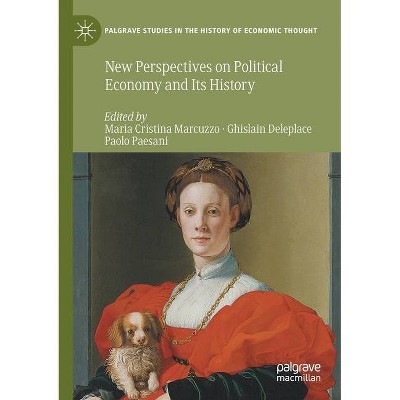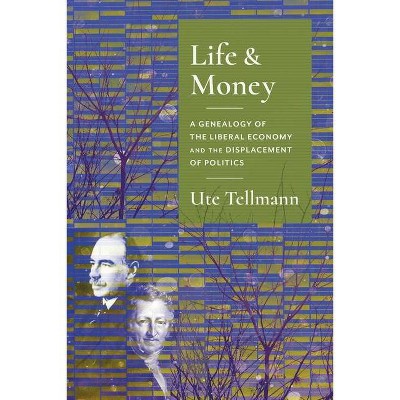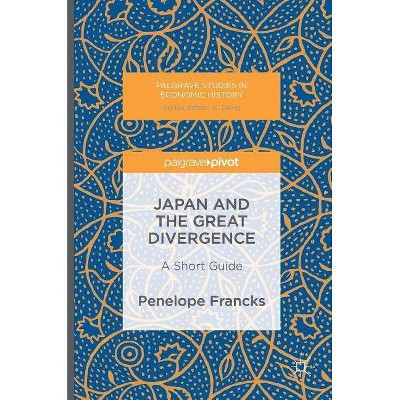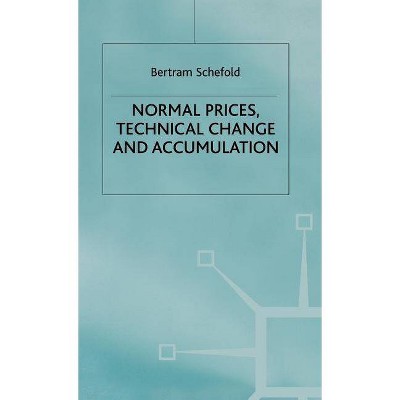Democracy and the Economy in Finland and Sweden Since 1960 - (Palgrave Studies in Political History) by Ilkka Kärrylä (Hardcover)
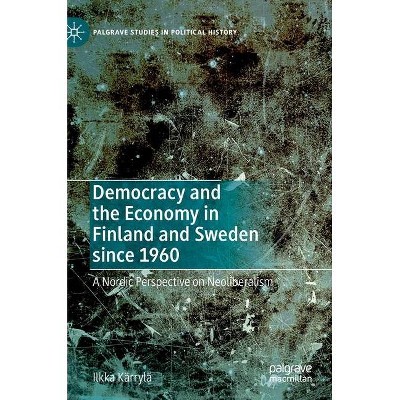
Similar Products
Products of same category from the store
AllProduct info
<p/><br></br><p><b> Book Synopsis </b></p></br></br>This book explores the relationship between democracy and the economy in contemporary political thought and policy-making. Using the concepts of economic, industrial and enterprise democracy, the author focuses on the history of Finland and Sweden during the latter part of the twentieth century. The three concepts are discussed in relation to various political groups, such as social democrats, conservatives and liberals, and the reforms that they were associated with, painting a picture of changing economic thought in the Nordic countries, and the West more generally. Arguing that the concept of democracy has evolved from representative parliamentary democracy towards 'participation' in civil society, this book demonstrates how the ideal of individual freedom and choice has surpassed collective decision-making. These shared characteristics between Finland, Sweden and other Western countries challenge the view that the Nordic countries have been exceptional in resisting neoliberalism. In fact, as this book shows, neoliberalism has been influential to the Nordics since the 1970s. Offering an innovative and conceptual perspective on European political history, this book will appeal to scholars interested in Nordic political history and modern European history more generally.<p/><br></br><p><b> From the Back Cover </b></p></br></br>This book explores the relationship between democracy and the economy in contemporary political thought and policy-making. Using the concepts of economic, industrial and enterprise democracy, the author focuses on the history of Finland and Sweden during the latter part of the twentieth century. The three concepts are discussed in relation to various political groups, such as social democrats, conservatives and liberals, and the reforms that they were associated with, painting a picture of changing economic thought in the Nordic countries, and the West more generally. Arguing that the concept of democracy has evolved from representative parliamentary democracy towards 'participation' in civil society, this book demonstrates how the ideal of individual freedom and choice has surpassed collective decision-making. These shared characteristics between Finland, Sweden and other Western countries challenge the view that the Nordic countries have been exceptional in resisting neoliberalism. In fact, as this book shows, neoliberalism has been influential to the Nordics since the 1970s. Offering an innovative and conceptual perspective on European political history, this book will appeal to scholars interested in Nordic political history and modern European history more generally.<br><b>Ilkka Kärrylä </b>is a Postdoctoral Researcher at the Centre for Nordic Studies, University of Helsinki, Finland. He received his doctorate in Political History from the University of Helsinki in 2020. He specializes in the political and intellectual history of Europe and the Nordic countries, especially the history of economic thought and policy.<br><p/><br></br><p><b> About the Author </b></p></br></br><p><b>Ilkka Kärrylä </b>is a Postdoctoral Researcher at the Centre for Nordic Studies, University of Helsinki, Finland. He received his doctorate in Political History from the University of Helsinki in 2020. He specializes in the political and intellectual history of Europe and the Nordic countries, especially the history of economic thought and policy.<br></p>
Price History
Price Archive shows prices from various stores, lets you see history and find the cheapest. There is no actual sale on the website. For all support, inquiry and suggestion messagescommunication@pricearchive.us
